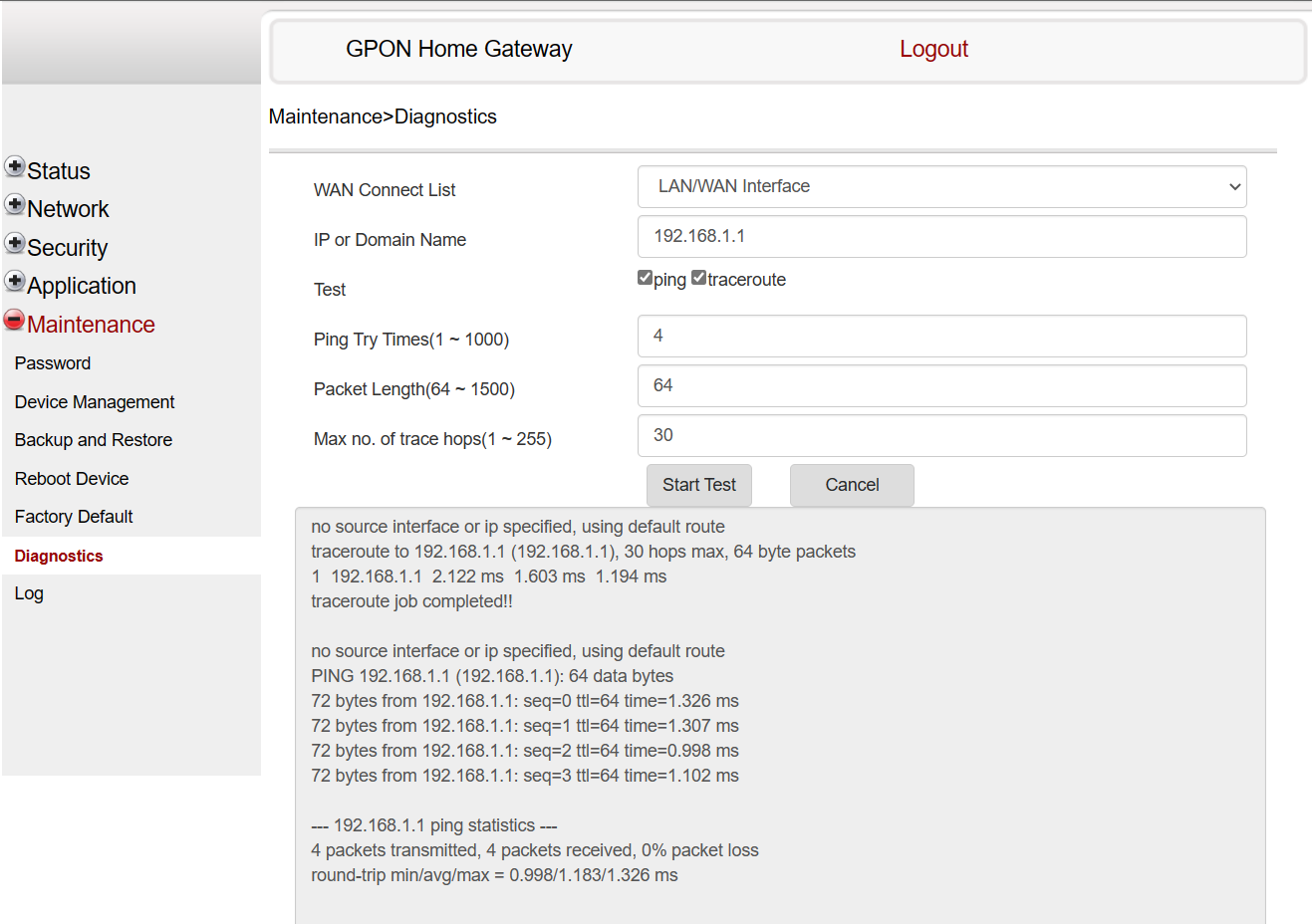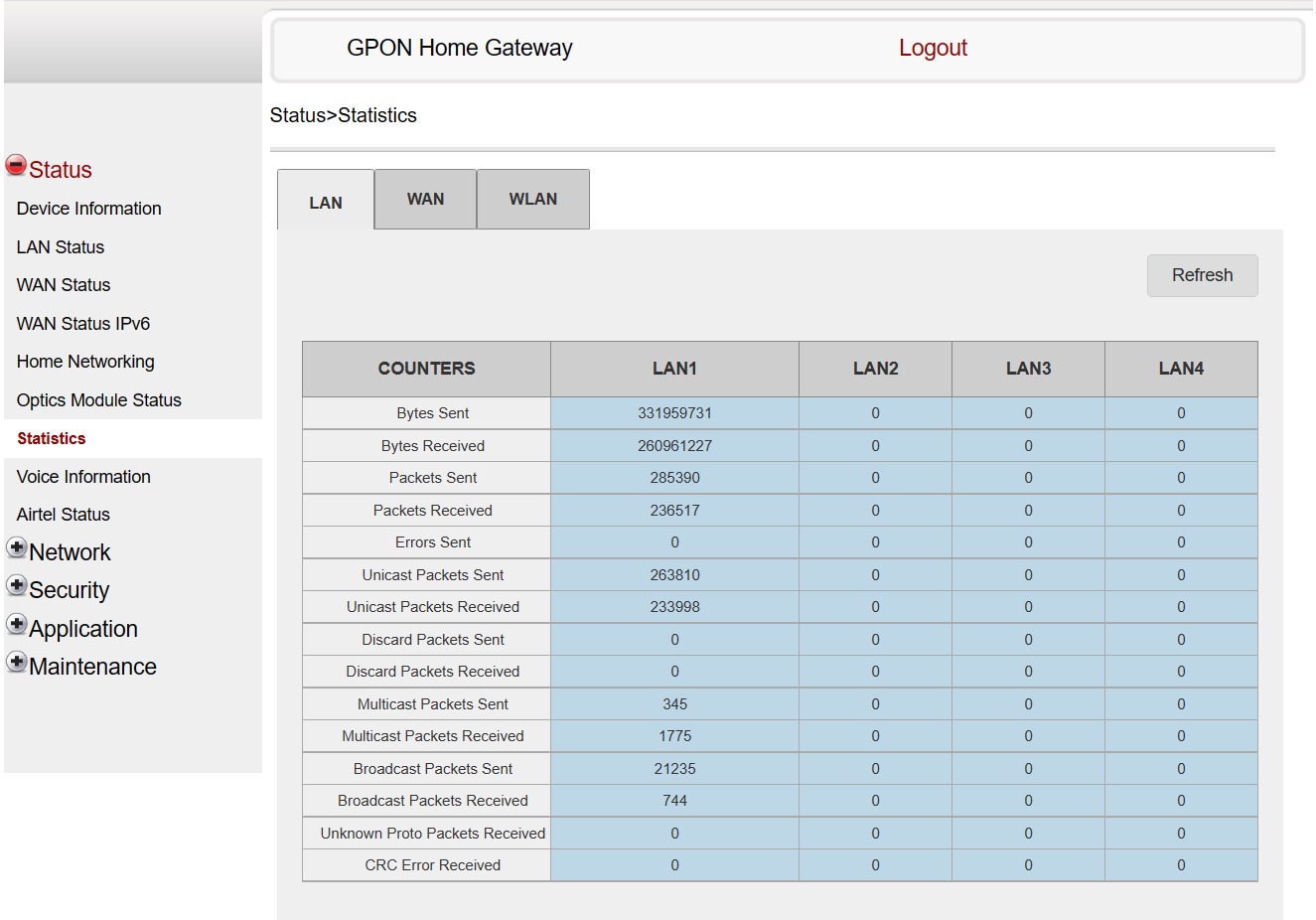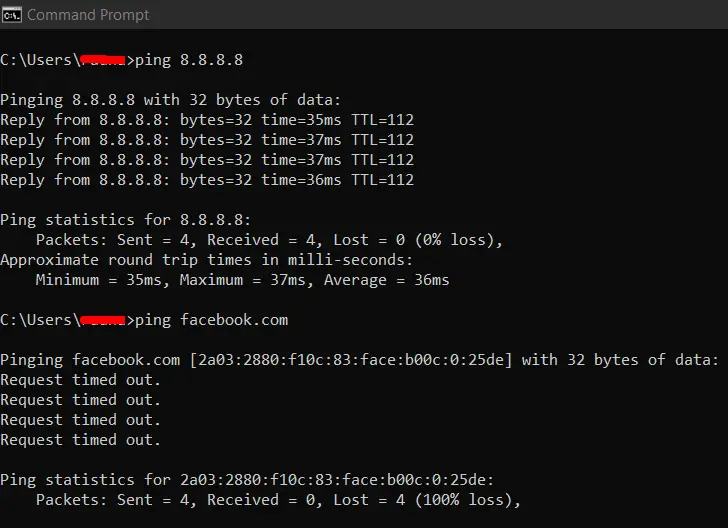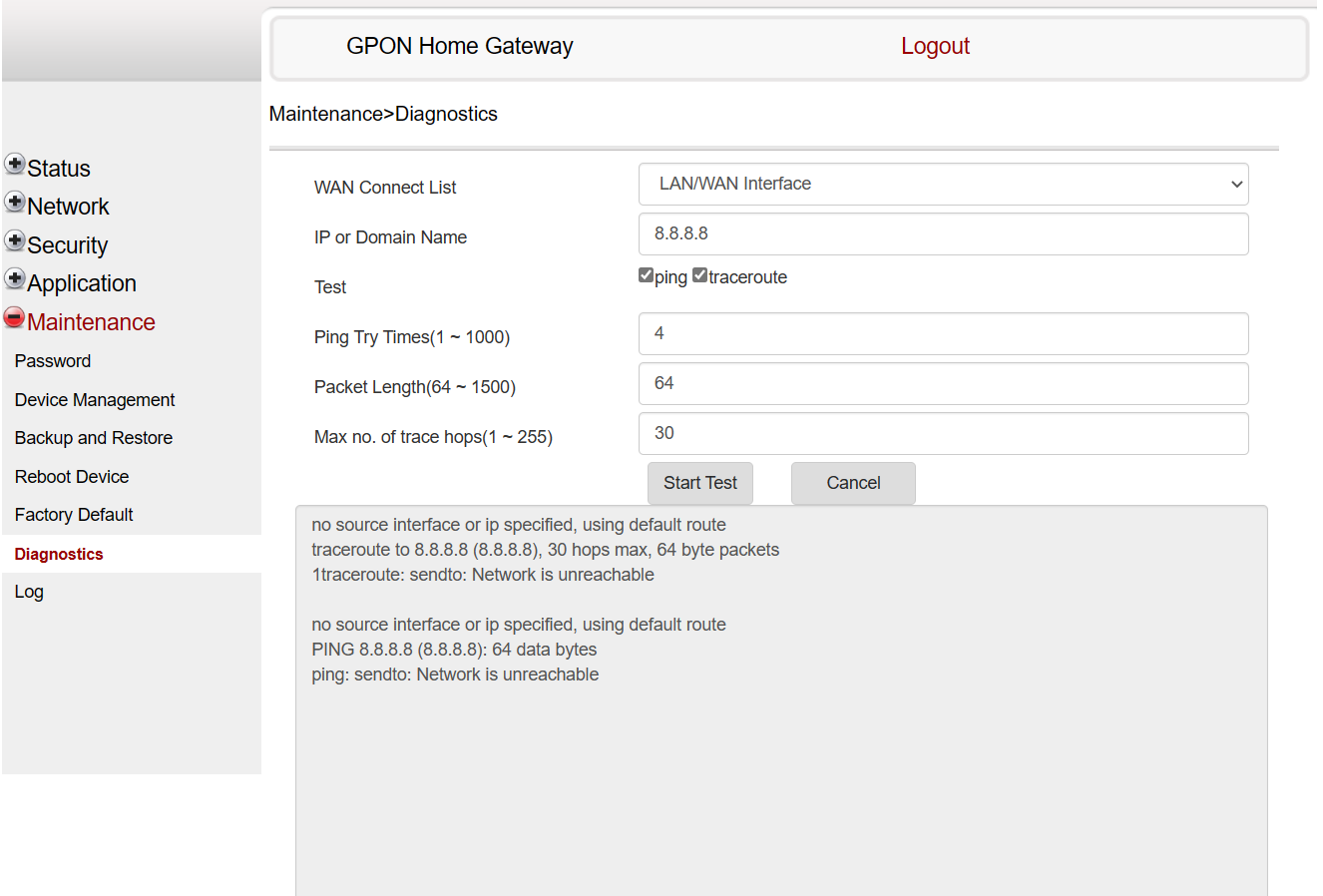I connected two routers LAN to LAN.
I set the IP address for the main router to be 192.168.1.1
and IP address for the secondary router to be 192.168.1.2
For the main router, I set the IP range to start from 192.168.1.13 so it doesn't conflict with the few devices that will use the secondary router.
This is the configuration page for the main router
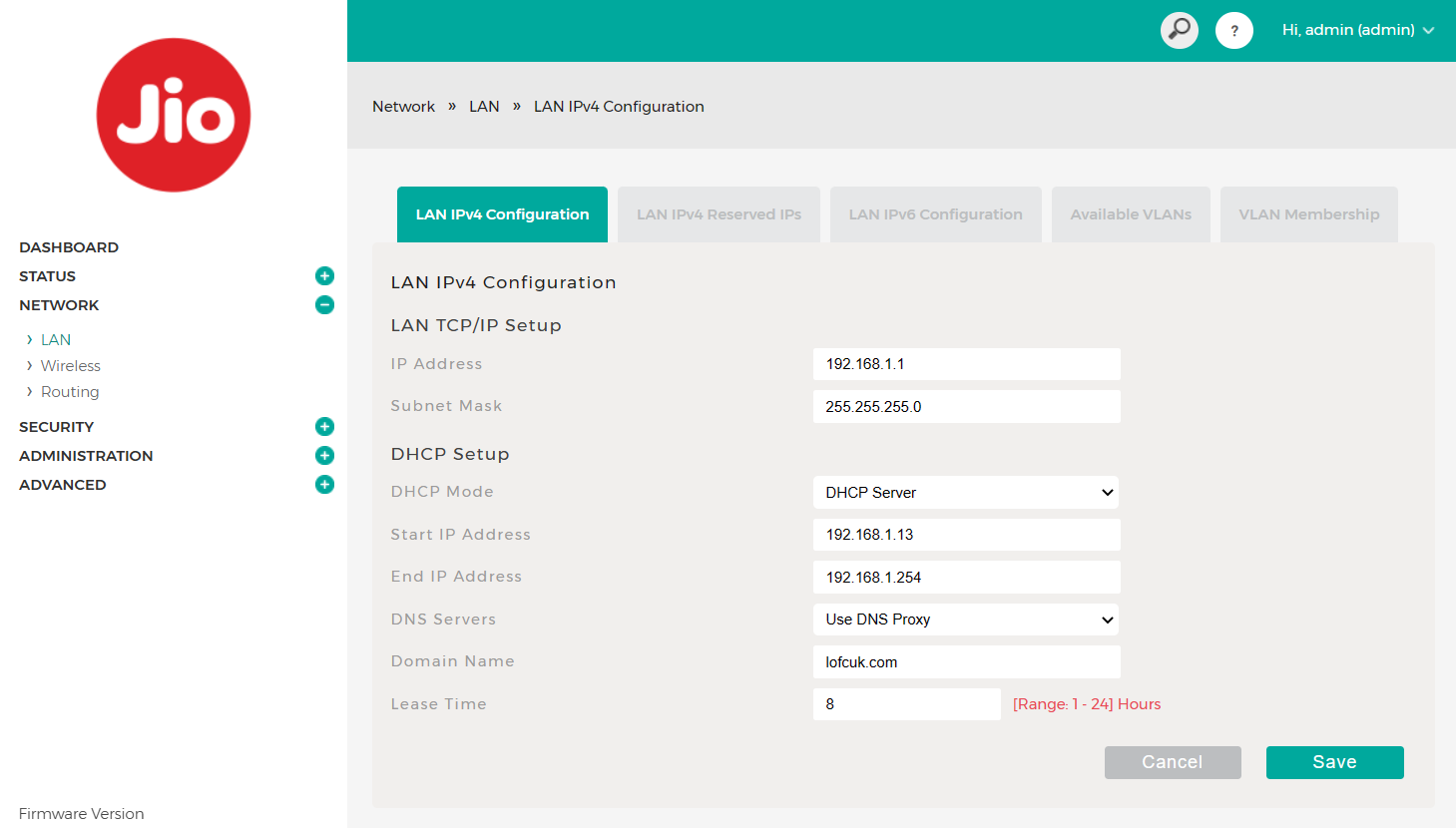
This is the configuration page for the secondary router (DHCP is disabled)
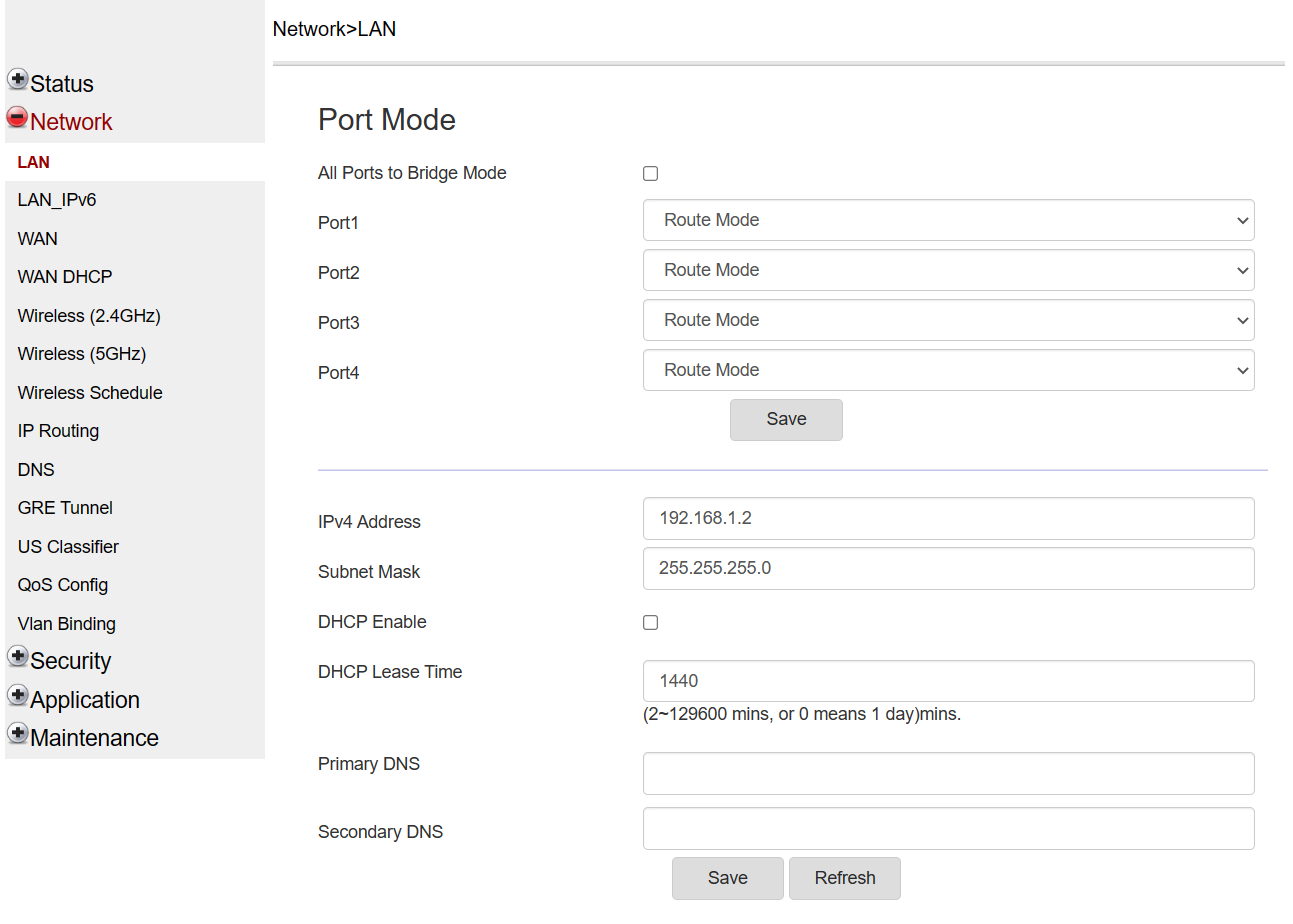
This is the internet speed test when the device is connected to secondary router via wifi
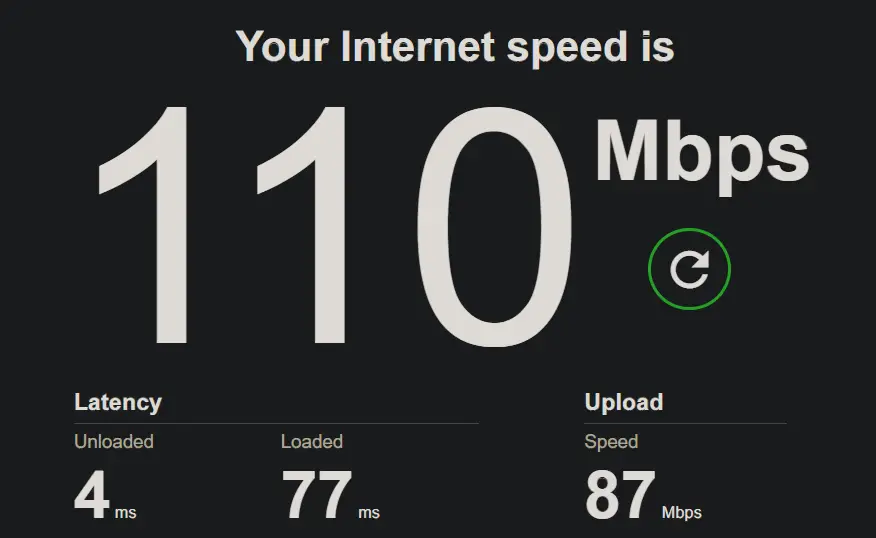
This is the speed test when the same device is connected to main router via wifi (its a bit farther from the device compared to secondary)
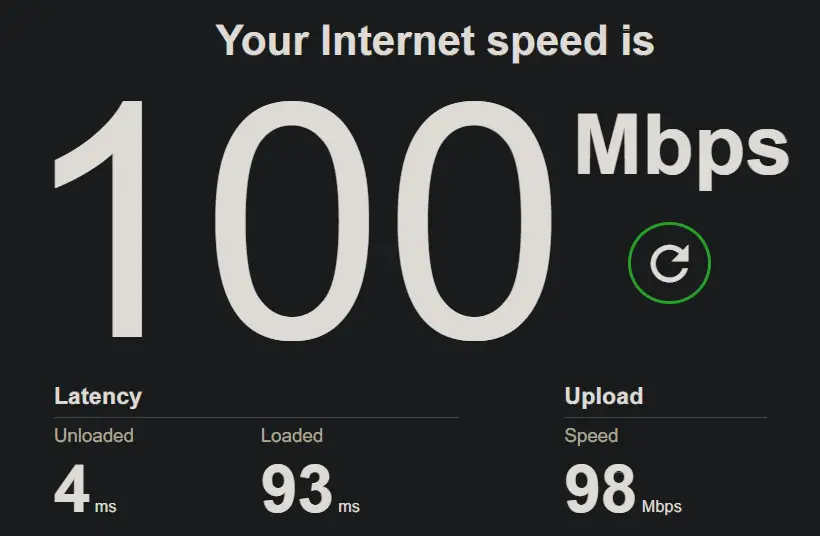
The speed test is almost identical using either of the routers, however, I am getting requests timed out when I am trying to ping google.com using the secondary router.
What configuration could I be missing?
I set the IP address for the main router to be 192.168.1.1
and IP address for the secondary router to be 192.168.1.2
For the main router, I set the IP range to start from 192.168.1.13 so it doesn't conflict with the few devices that will use the secondary router.
This is the configuration page for the main router

This is the configuration page for the secondary router (DHCP is disabled)

This is the internet speed test when the device is connected to secondary router via wifi

This is the speed test when the same device is connected to main router via wifi (its a bit farther from the device compared to secondary)

The speed test is almost identical using either of the routers, however, I am getting requests timed out when I am trying to ping google.com using the secondary router.
What configuration could I be missing?


